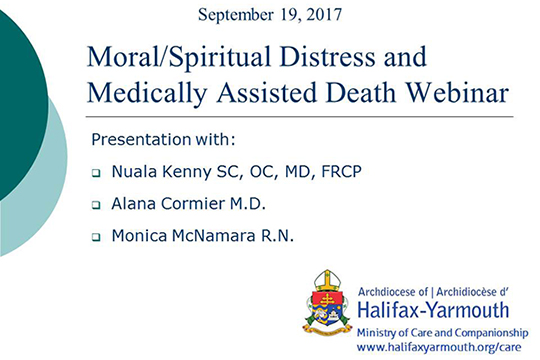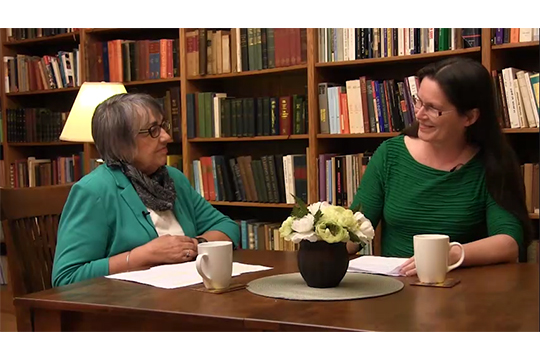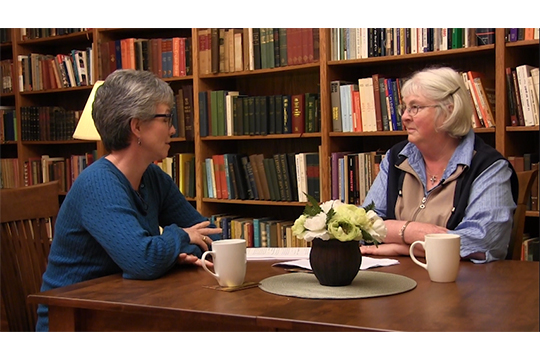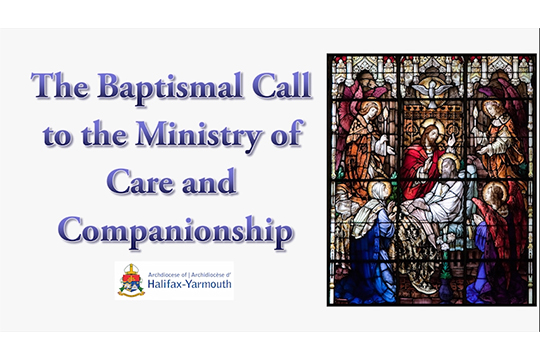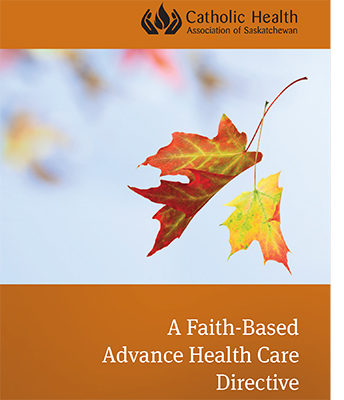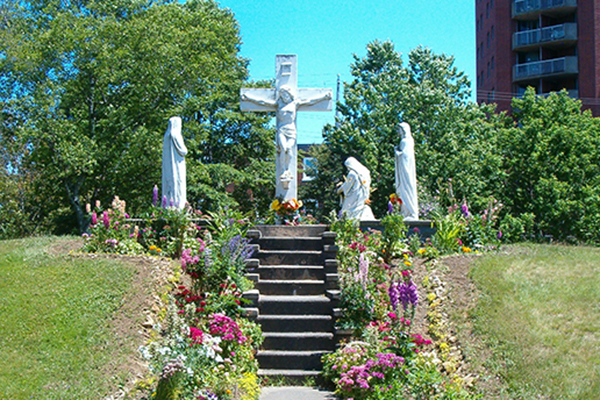
as we care for the sick and comfort the dying.

Death of St. Joseph
Stain Glass Window, St. Mary’s Cathedral Basilica, Halifax, NS
Catholics are called by their faith to assist all those in need, particularly the poor, the suffering and the dying. Comforting the dying and accompanying them in love and solidarity has been considered by the Church since its beginning a principal expression of Christian mercy.
Helping someone commit suicide, however, is neither an act of justice or mercy, nor is it part of palliative care. The decision of the Supreme Court of Canada today does not change Catholic teaching. "[A]n act or omission which, of itself or by intention, causes death in order to eliminate suffering constitutes a murder gravely contrary to the dignity of the human person and to the respect due to the living God, our Creator." (Catechism of the Catholic Church, 2277).
The Bishops of our country invite Canadians, especially Catholics, to do all they can to bring comfort and support for all those who are dying and for their loved ones, so that no one, because of loneliness, vulnerability, loss of autonomy, or fear of pain and suffering, feels they have no choice but to commit suicide. The Canadian Conference of Catholic Bishops will continue to promote palliative and home care, and to encourage all the faithful to work for the betterment of the elderly, the disabled, the ill, and those who are socially isolated.
My brother Bishops and I entreat governments and courts to interpret today's judgment in its narrowest terms, resisting any calls to go beyond this to so-called acts of "mercy killing" and euthanasia. We again call on provincial and territorial governments to ensure good-quality palliative care in all their jurisdictions. We also urge governments and professional associations to implement policies and guidelines which ensure respect for the freedom of conscience of all health-care workers as well as administrators who will not and cannot accept suicide as a medical solution to pain and suffering.
+ Paul-André Durocher
Archbishop of Gatineau
President of the Canadian Conference of Catholic Bishops
(From the website of the Canadian Conference of Catholic Bishops: www.cccb.ca)
The Way of the Cross Today Booklet
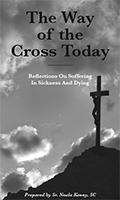
Reflections on Suffering in Sickness and Dying
Download Booklet version (Pdf)
or visit Salt & Light TV
for web version
Save
Save
Ministry of Care and Companionship Videos
Advanced Health Care Directive
Pastoral Letters on Physician Assisted Dying

* Pastoral Letter on Physician Assisted Dying (Eng/Fr)
By Archbishop Mancini - Link
(includes a download - FAQ on Physican Assisted Dying)
* A Pastoral Reflection on Medical Assistance in Dying
by the Atlantic Bishops
English
French
Catholic Funerals
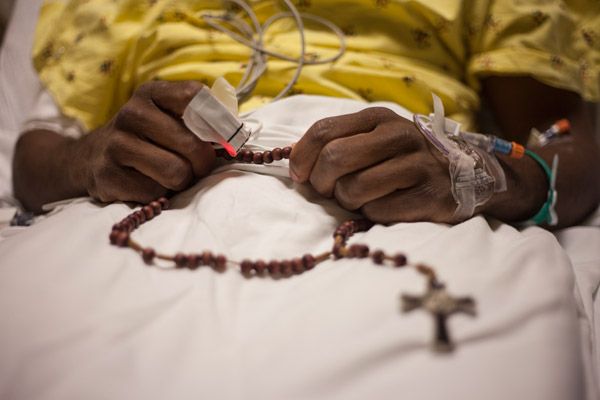
Prayer
Samples of prayers for specific moments, as well as contact info for a great variety of resources.

Services & Outreach
Descriptions and contact information for the services that are available throughout the archdiocese.

Resources
Contact info for information and materials to meet the great many needs, interests and circumstances.

